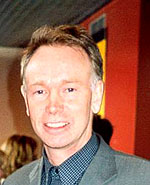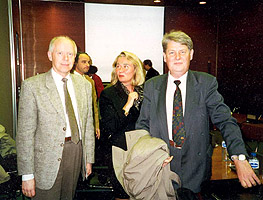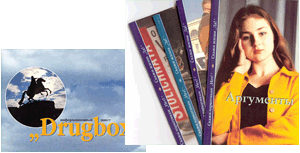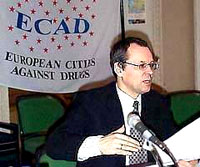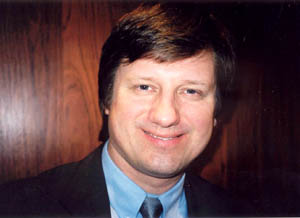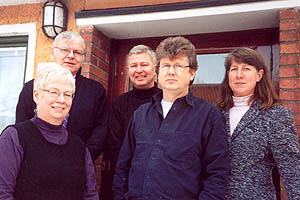|
ECAD was launched in 1994 as a counteract to the drug liberalisation movement in Europe. The Stockholm City Hall, spearheaded by Mayor Carl Cederschiöld, took the initiative. Among the first cities to sign the Stockholm Resolution were Paris, London, Berlin, Moscow and Reykjavik.
From the beginning, ECAD was a project financed by three Swedish counterparts, the National Board of Health and Welfare, the National Institute for Public Health and the City of Stockholm. In the beginning, three persons were employed to start the organisation, namely Paulina Lönnroth, Åke Setréus and Torgny Peterson. An Advisory Board was elected, consisting of representatives of ten member cities. Paulina, Åke , Torgny still work for ECAD, but of the original three financiers only the City of Stockholm is still left as strong supporter both regarding the daily work and financially.
At the Mayors' Conference in Athens 1996, it was agreed that the member cities should pay an annual membership fee, and thus contribute to the organisation's finances. This was an important step towards strengthening ECAD, not only financially but also by increasing the direct involvement of the member cities.
Education and information are basic parts of every modern drug policy. Education and information are also the main methods we have chosen to reach our ultimate goal, a Europe free of drugs. Therefore we arrange and participate in a number of conferences and seminars in Europe each year. During the past year, we have had conferences in Plovdiv in Bulgaria, Aglantzia in Cyprus, Vilnius in Lithuania, St. Petersburg in Russia and Västerås just to mention a couple.
In order to further spread the ECAD message and to render its work more effective, the first Regional ECAD office was launched in St. Petersburg in 1999. This was possible with help from SIDA, (Swedish International Development Cooperation Agency) which continues to finance the St. Petersburg office. Also in St. Petersburg, the City of Stockholm has given us valuable support. Our regional office is located at the City of Stockholm representation office at the distinguished address of Nevski Prospekt 1.
George Zazulin is our man in Russia. During these past three years, he has built up an extensive network above all in the North-Western Russia but also in other parts of the country. Through the DrugBox project he has organised some 20 educational seminars and conferences in the region, and distributed some 10 000 information packages, so called DrugBoxes to teachers, the police, social workers and those working directly with drug prevention. Zazulin is also a member of the presidental administration's local drug commission, and in that capacity able to influence the local implementation of existing drug laws and regulations.
In October 2001 a major step towards ECAD:s development in Russia was taken. The new Drug Political Centre under the auspices of St. Petersburg State University was opened. A co-worker was hired to administrate this work. The picture shows the official opening with your Advisory Board present.
Russia as we all know is large country. One way of keeping contact between our 30 Russian member cities and other actors, is the website www.ecad.ru which has lots of visitors. It offers the Russian speaking visitors not only from Russia, but also from neighbouring countries, plenty of information material not previously accessible on the internet.
ECAD has been active in Lithuania for almost 4 years. Also the Action Against Drugs in Lithuania receives financial support from the Swedish SIDA. Our efforts in Lithuania, which we carry out in project form, aim among other things at influencing the decision makers to give drug issues higher priority.
As the coordinator of the project in Lithuania, Dr. Chaplinskas has succeeded in
linking up Swedish specialists with their Lithuanian counterparts. Of all these various interesting projects I find the Swedish organisation KRIS (Former Criminals Return to Society) contribution to establish sister organisations in Lithuania most exciting. KRIS is an association of former prisoners who help other released prisoners to readjust to the society and conduct a life without criminality and drugs.
In the beginning of this year we engaged a new co-worker, Lana Radionova, to
edit and publish our newsletter. With her help we have been able to increase the number of issues which shall be 10 per year from now on. With a partly new technique, and added colour on ECAD:s yellow paper we hope that the newsletter will be more easily accessible.
This is just a very short run-through to give you a picture of how we work.
|
